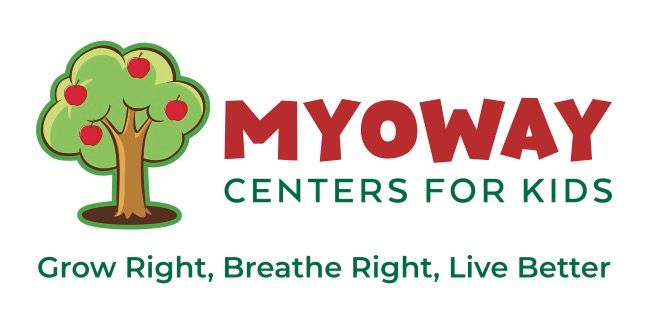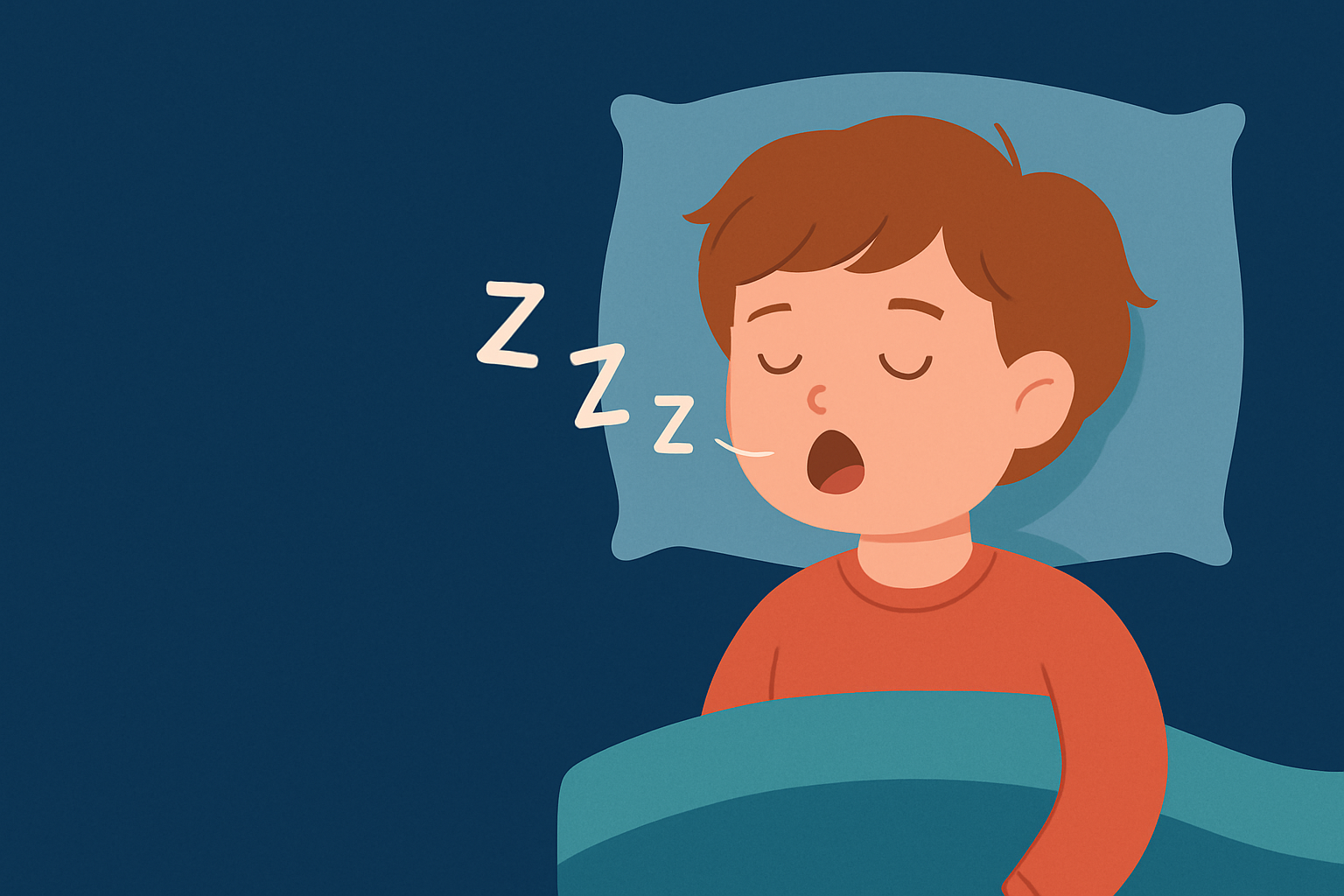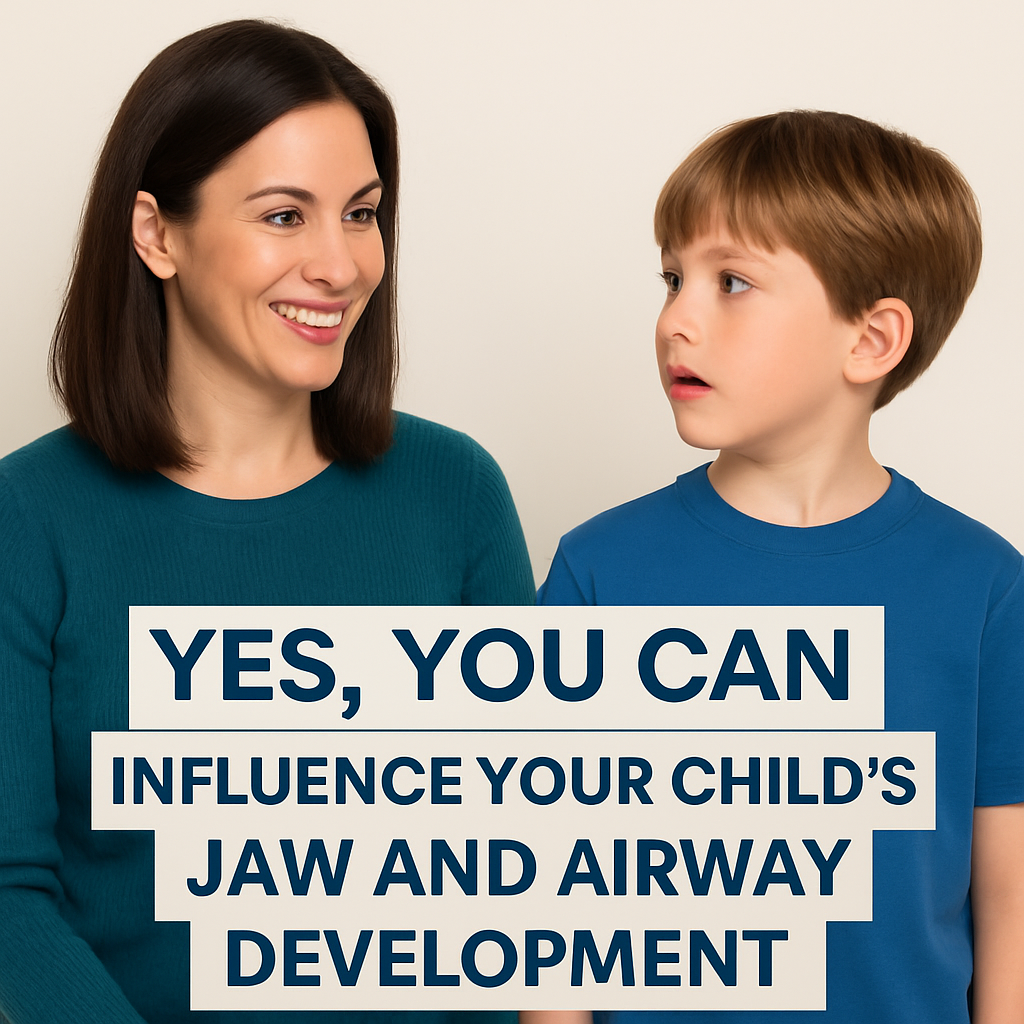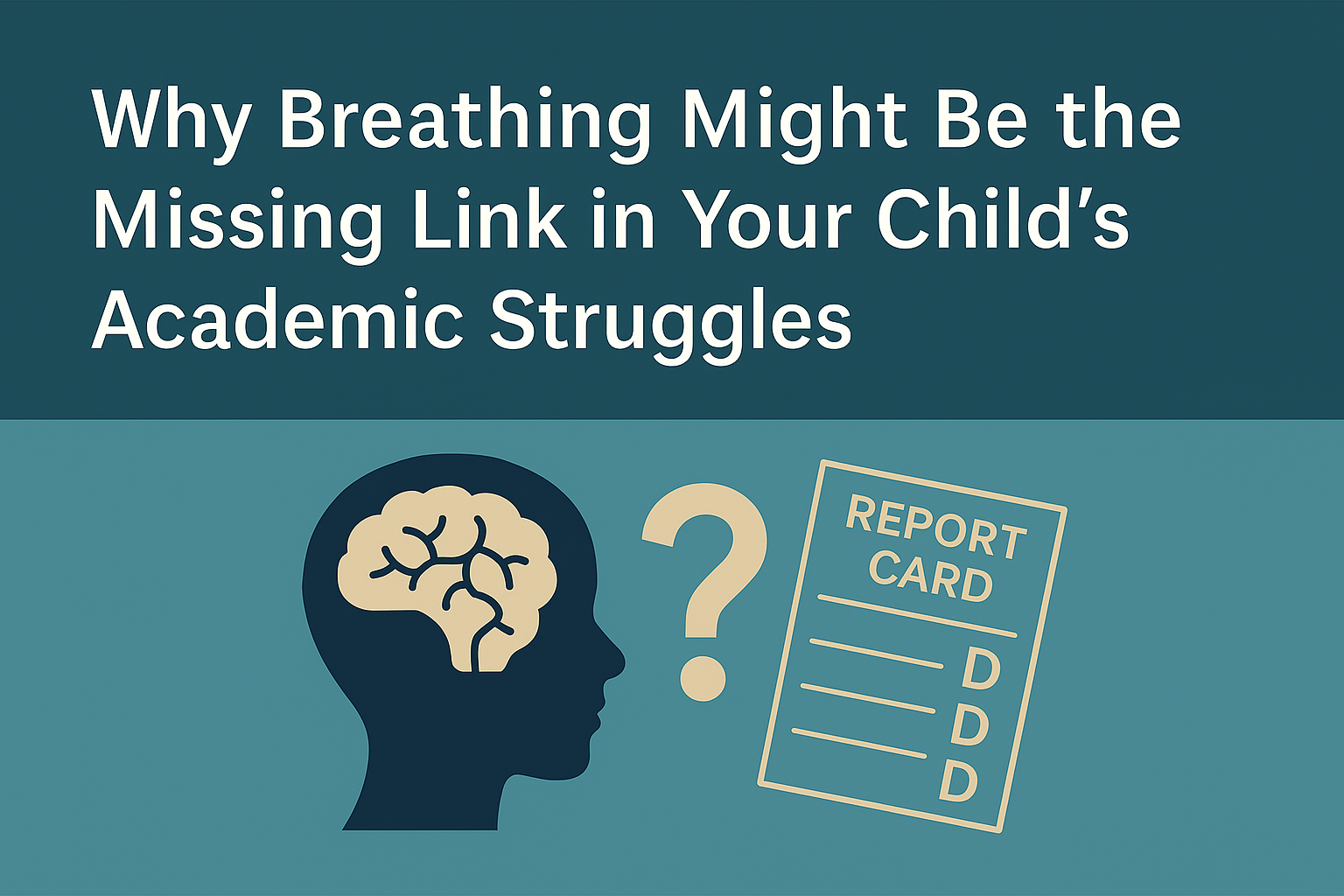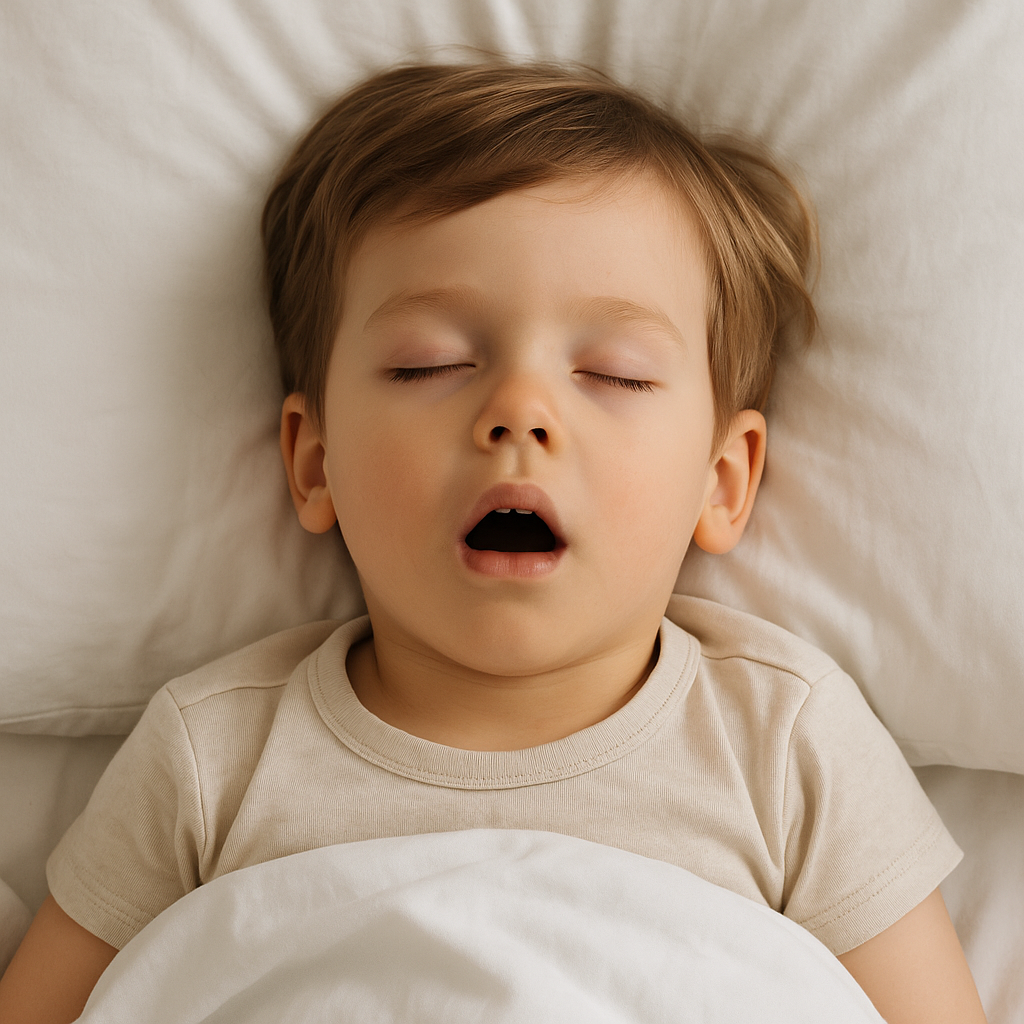Understanding the Connection Between ASD and Mouth Breathing: How it May Worsen Symptoms
What is Autism Spectrum Disorder (ASD)?
Autism Spectrum Disorder (ASD) is a neurodevelopmental condition characterized by a
range of challenges in social communication, behavioral flexibility, and sensory
processing. Each individual with ASD exhibits unique strengths and challenges, often
leading to difficulties in daily functioning. One less frequently discussed but important
topic is the impact of mouth breathing on individuals with ASD and how it may
exacerbate certain symptoms.
What is Mouth Breathing?
Mouth breathing is the act of inhaling and exhaling through the mouth instead of the
nose. This can occur due to various factors, including nasal congestion, allergies,
anatomical variations (such as a deviated septum), or poor oral habits. Mouth breathing
can lead to several physical and behavioral issues, particularly for individuals with ASD.
Potential Effects of Mouth Breathing on Individuals with ASD
1. Sleep Disturbances:
- Mouth breathing is often associated with disrupted sleep patterns, including snoring
and sleep apnea. Poor sleep quality can exacerbate the symptoms of ASD, such as
irritability, anxiety, and attention difficulties.
2. Increased Anxiety and Stress:
- The physiological effects of mouth breathing, which can lead to hyperventilation and
a feeling of breathlessness, may increase anxiety levels. Individuals with ASD often
experience heightened anxiety, and mouth breathing may intensify these feelings,
making it harder to manage social situations.
3. Oral Health Issues:
- Mouth breathing can lead to dry mouth, which increases the risk of dental problems
like cavities and gum disease. Poor dental health can cause discomfort and pain, further
complicating communication issues or behavioral challenges for individuals with ASD.
4. Impaired Social Interactions:
- Mouth breathing can affect speech clarity and resonance, leading to difficulties in
communication. This may make social interactions even more challenging for
individuals with ASD, who often already struggle with communication and social cues.
5. Facial Development and Posture:
- Prolonged mouth breathing can influence facial structure and dental alignment.
Changes in facial development may affect self-esteem and body image, further
impacting social interactions.
6. Sensory Processing Issues:
- Many individuals with ASD have sensory processing challenges. Mouth breathing
might exacerbate these issues, as it alters airflow and sensory input. Individuals may
become more sensitive to stimuli or experience increased sensory overload.
Addressing Mouth Breathing in Individuals with ASD
Understanding the implications of mouth breathing is crucial for caregivers and
professionals. Here are some strategies to help address this issue:
1. Consultation with Healthcare Professionals:
- Engage with a Myofunctional Therapist (MFT), ENT specialists, dentists, or
orthodontists who are familiar with ASD. They can assess the underlying causes of
mouth breathing and provide tailored interventions.
2. Nasal Breathing Techniques:
- Encourage exercises that promote nasal breathing, especially during calm moments.
Techniques such as diaphragmatic breathing and slow inhalation through the nose can
help retrain breath patterns.
3. Address Allergies and Nasal Congestion:
- Identify and manage any allergies or respiratory issues that may contribute to mouth
breathing. This may involve lifestyle changes or medical treatments to alleviate nasal
congestion.
4. Behavioral Interventions:
- Use visual schedules, social stories, or positive reinforcement to encourage
consistent nasal breathing habits. Making mouth closing a part of a daily routine can
promote awareness.
5. Oral Health Care:
- Support regular dental visits and good oral hygiene practices to mitigate the dental
issues that can arise from mouth breathing. Dental professionals can provide guidance
on proper oral care.
6. Breathing Exercises:
- Implement fun and engaging respiratory exercises or games that highlight the
importance of nasal breathing. These can encourage practice in a non-demanding way.
Conclusion
Mouth breathing can pose significant challenges for individuals with Autism Spectrum
Disorder, potentially worsening various symptoms associated with the condition. By
understanding these connections and taking proactive steps, caregivers and healthcare
professionals can help implement strategies to address mouth breathing. Promoting
proper breathing techniques and holistic health measures not only fosters better
physical health but also enhances overall well-being and quality of life for individuals
with ASD. Encouraging an environment that prioritizes both physical and emotional
health can empower individuals on the autism spectrum to thrive.

